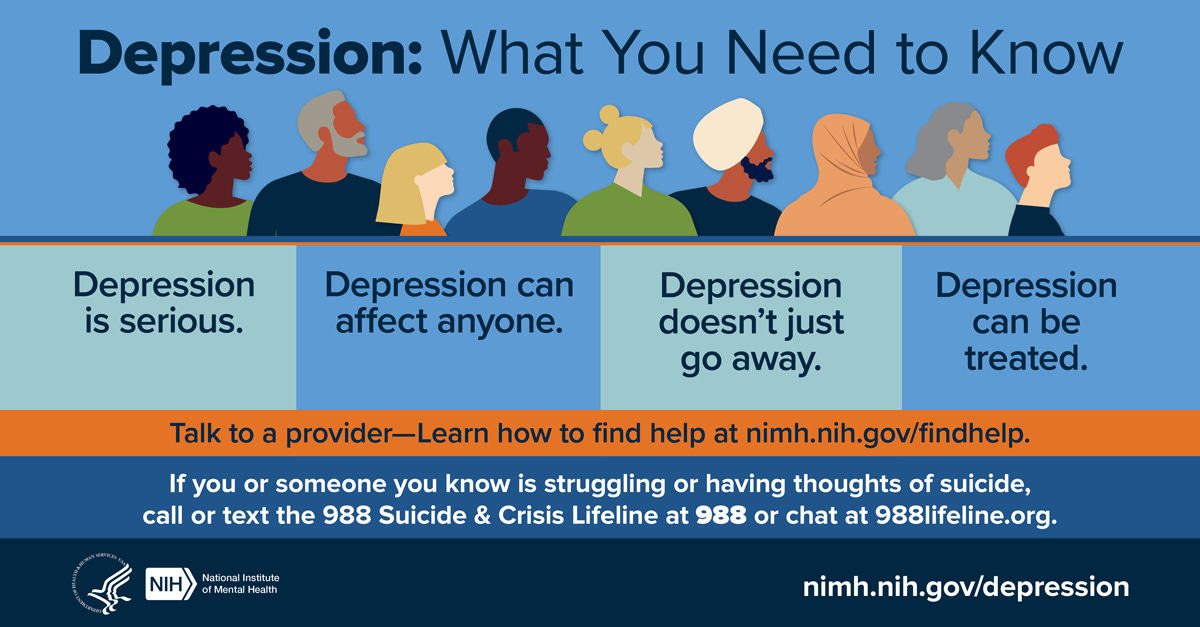According to survey of U.S. college students last year, around 41 percent had symptoms of depression.
According to Megan McGruder, Director of Student-Well-Being on campus, we need to understand that mental health effects all of us. “It's okay, we’re human,” said McGruder. “It’s not because you’re weak, you know you’re full time college students with a full time life and some are working, some are in relationships, some are struggling getting out of bed, and everybody is different. But we’re all humans, we all deserve a chance.”
She feels that it’s very important to check up on friends who may be showing signs of depression. Simply saying, ‘hey you’ve looked sad lately’ or asking, ‘is everything okay?’ are examples of how to approach it.
“I would say one of the most important things to do is reach (out),” said McGruder. “You know if you're worried about someone, sometimes just calling it out can really mean a lot because it helps them feel seen.”
According to ‘Simple Practice’ by Janelle Lasalle, there are three levels of depression: mild, moderated, and severe. With mild depression, someone feels low for most days for around two years, along with symptoms like fatigue, low self-esteem, and a lack of focus; moderate depression, someone has low moods that last most of the day along with four other symptoms; and severe depression is when someone has a low mood and five or more symptoms.
“And depression is weird, because ‘you might have it for a month and then never have it again.’ So it can come and go. Sometimes it is a situation in your life, and if it is we can work on that and talk it through. But if it is chemicals (medication) then we need chemicals to help with that,” McGruder said.
Another helpful tool is recognizing your triggers. It requires self-reflection, and learning what things trigger you and what helps calm you down. “But the important thing is to catch it early because when you wait that's when it gets worse and it gets tricky to solve,” said McGruder. “And sometimes it’s just as simple as asking myself what do I need? Do I need a hug, a nap, maybe a Snickers?”
If you or someone you know is feeling the effects of depression, contact the health center, TimelyCare, or find help at nimh.nih.gov/findhelp.


